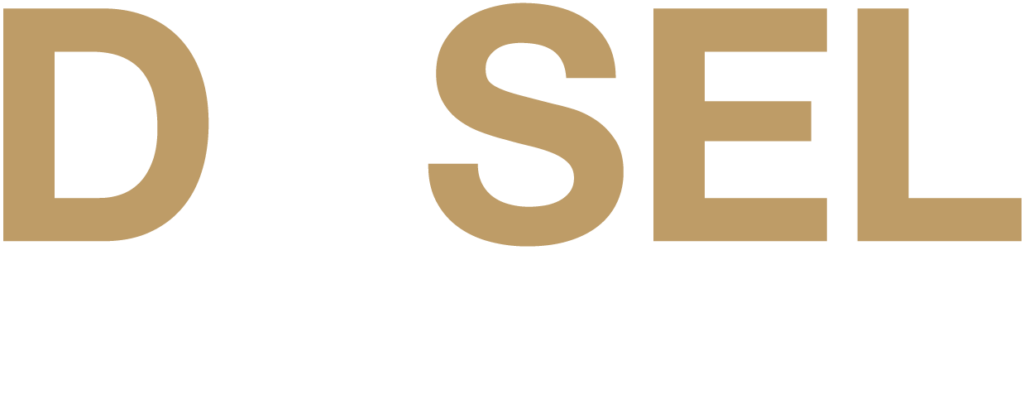To get right to the point; a company's choice of new industry-specific ERP software has a huge impact on existing ways of working and processes. After all, the new software, no matter how good, never connects one-to-one with the current way of working.
And so it must be changed
Change often creates resistance during implementation. Users do see the value of the new software and speak highly of the quality of the product, but changing the existing way of working and processes is often not considered a good plan. The software solution that seemed so beautiful and flexible during demos is judged during implementation as rigid and inflexible and "impossible to work with.
We want customization!
If these people shout loud enough, the word "customization" soon comes around the corner. A decision is made to make company-specific modifications to the software for processes that cannot be accommodated in the standard solution. The many disadvantages of customization in ERP software are not considered, even though they often outweigh the original problem.
Customization is expensive
It takes a lot of time to develop company-specific customizations for seemingly simple requirements. Identifying the requirements, coming up with a solution, developing and testing this solution, documenting the customization, instructing the users; a small piece of customization can quickly become very expensive.
Customization is not future-proof
The next problem is the vendor's continued development of the software solution. Developments in industry-specific ERP software are initiated from experiences in that specific industry. But these developments obviously do not take into account any customization by customers. Upgrading to a new version of the ERP software therefore costs much more money, pain and effort in the case of customization.
Customization is less well supported
Support from the software vendor's support department does not get any easier either. What's more, when a support request comes in, in the case of custom work, sometimes they will not be able to provide sufficient support. After all, perhaps the problem lies in the customization that the support employee does not have sufficient knowledge of.
Choose change, not customization!
My conclusion: the original benefits of a standard software solution are partially negated when customization is subsequently chosen within this standard product. Customization is short-term happiness. You must not want it. You have to dare to change.
Peter Gerhardt is Senior Lead Consultant Logistics at Dysel and experiences up close the impact of new ERP software on organizations, people and processes on a daily basis.


